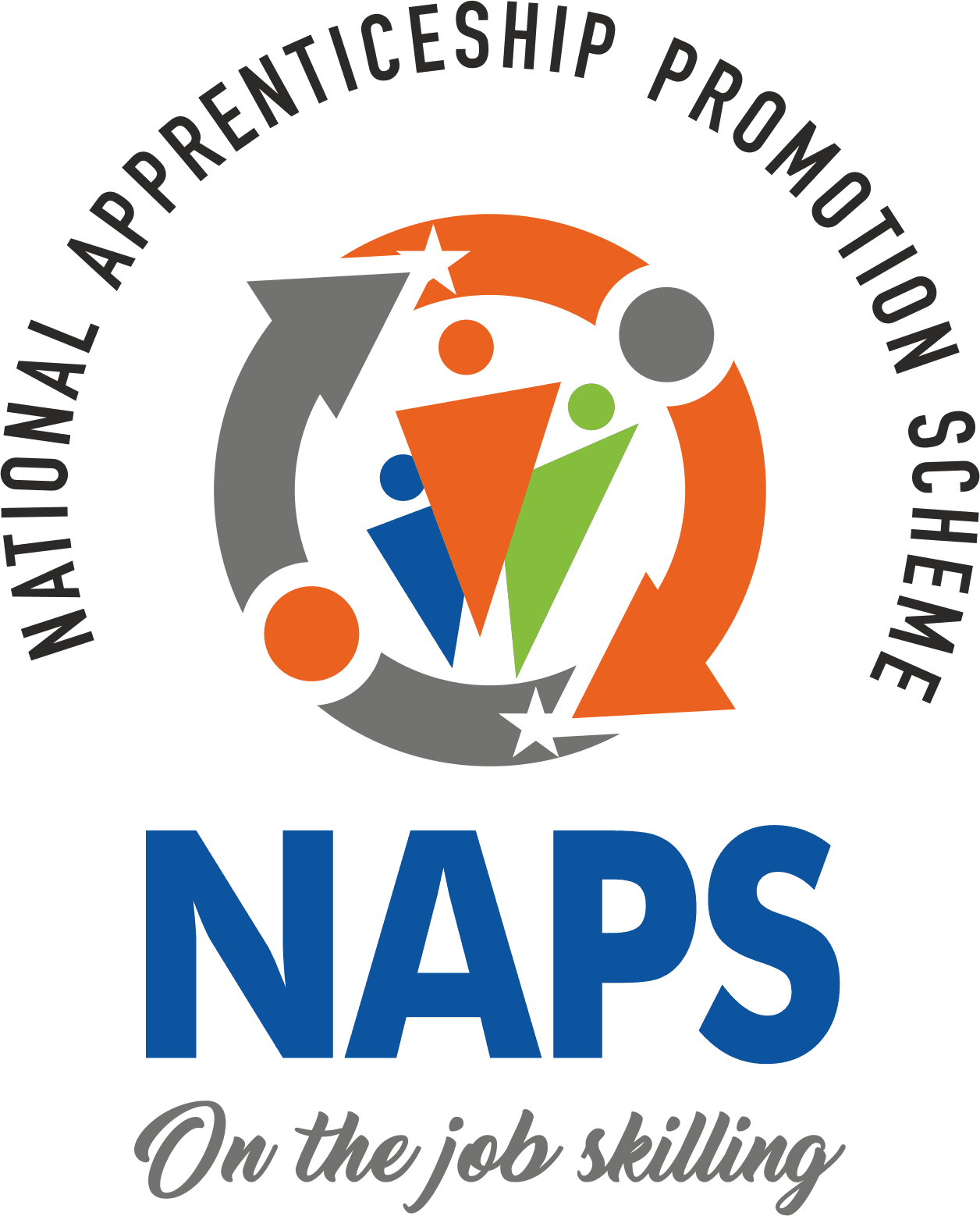
National Apprenticeship Promotion Scheme (NAPS)
NAPS was launched in August 2016 by Government of India to promote the Apprenticeship in the country by providing financial incentives, technology and advocacy support.
The scheme has the following two components
- Sharing of 25% of prescribed stipend subject to a maximum of Rs. 1500/- per month per apprentice with the employers.
- Sharing of basic training cost up to a maximum of Rs. 7,500 per apprentice.
Mintskill HR Solutions Group Company Matrix Cad Academy is a licensed Third party Administrator to facilitate the NAPS administration on behalf of the establishments
Key Features
- Wider option for the apprentices-integration with other schemes - Courses approved by State Government/Central Government such as PMKVY, DDU-GKY etc. shall be linked with apprenticeship training. These courses will be given status of optional trades & the relevant practical content for on-the-job training shall be added by respective course approving authority.
- Ease of Administering through technology - A specially designed online portal “www.apprenticeshipindia.org” shall be used for administering the entire implementation of the Apprenticeship Training online. It shall facilitate the requirements of all key stakeholders such as Candidates, Industry, DGT, RDSDEs, NSDC, SAA, SSDMs and BTPs
- Involvement of States/UTs - As per the Apprentices Act, monitoring of apprenticeship training in State Public Sector Undertakings and Private Sector Establishments is done by the respective State Governments. States have a very important role in implementing the programme as most of the smaller Industries and MSMEs come under the State jurisdiction. Hence sensitizing the states & State Skill Development Missions (SSDMs) & also officers up to the District level, on the intent of the reforms becomes critical & a matter of priority. The District Skilling Committees being promoted by both the Central and State governments will be mandated to identify apprenticeship opportunities in their district and ensure appropriate utilisation of same.
- Promoter and Facilitators/Third Party Aggregators (TPA) - Since this scheme involves multiple stakeholders, the role of facilitators or Third Party Aggregators (TPAs) becomes important for mobilizing the apprentices, mapping their preferences with the demand from the establishments for apprenticeship opportunities posted on the portal, and helping the establishment in identifying Basic Training Providers. TPAs are engaged as per the guidelines issued by MSDE for their selection.
- The Apprentices Act, 1961 makes it obligatory for employers to engage apprentices in designated trades and in optional trades. Directorate General of Training (DGT) under Ministry of Skill Development & Entrepreneurship monitors the implementation of the scheme of apprenticeship training. For CPSUs and establishment operating business in 4 or more States, it is done through six Regional Directorates of Apprenticeship Training. State Apprenticeship Advisers monitor the Scheme in State Government Undertakings and Private Establishments.
| Financial Benefits | Recruitment and Administration Support |
| Stipend for the 1st year would be 70% of minimum wage of semi-skilled workers of the state | Get qualified and Skilled workforce / Manpower as per your organization need ! |
| 25% of stipend subject to a max of Rs. 1500/-per month/apprentice | Higher retention of apprentices engaged |
| Cost of basic training (upto Rs. 7500/- 500 hours/ 3 months) | Better Productivity due to skilled workforce. |
| Employers exempted from contribution to EPF & ESI | Reimbursement of Training Cost through Basic Training Provider |
| Employment and Compliance cost saving by engaging apprentices | Enhanced employer branding and overall satisfaction |
Platform for experiential learning at the workplace reduced training cost | Helps tackle skill shortages and develop a talent pipeline for future needs |
| Makes it easier for the apprentice to transition from training to employment due to industrial exposure reduces cost of hiring | Provides a scope for vertical mobility when employed in the organization |



